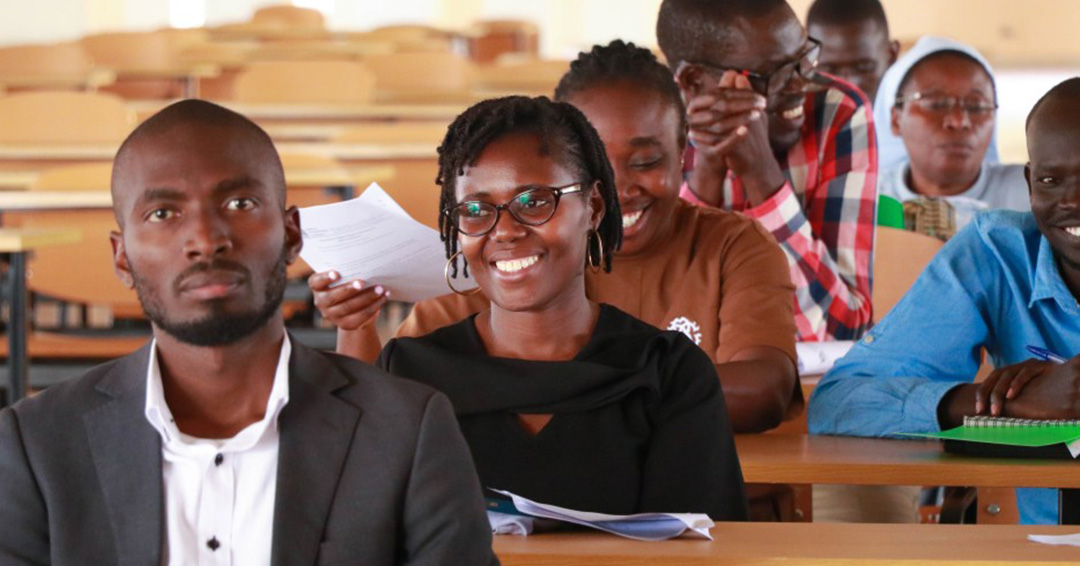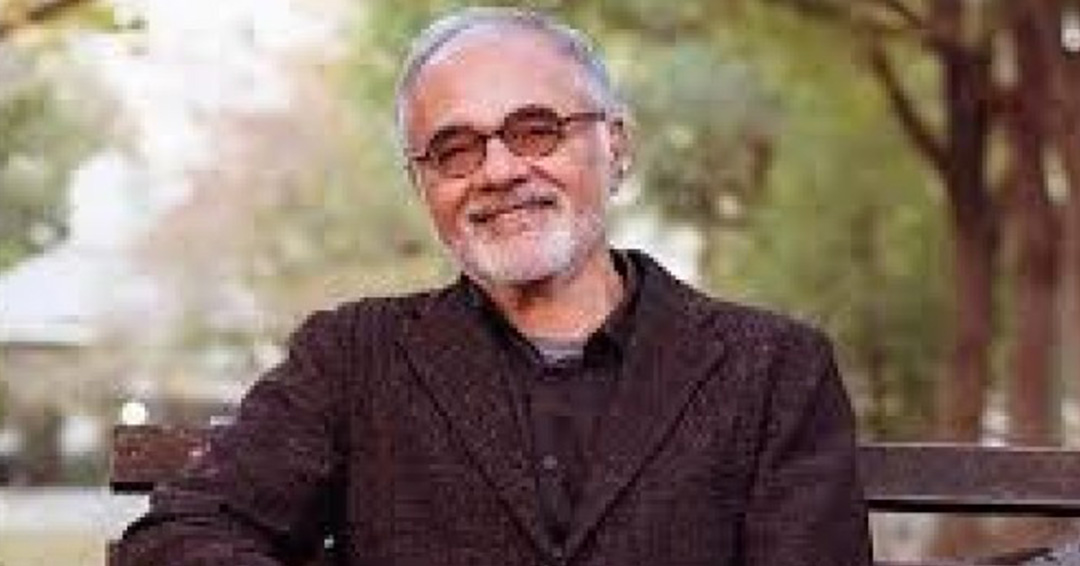
Sep
KIU Holds Orientation for August Intake Postgraduate Students
September 16, 2024, 4:24 am
 Administrator
Administrator

By Stuart Bogere
On the afternoon of August 13 2020, Kampala International University had the honour and privilege to install Professor Mahmood Mamdani as the 3rd Chancellor of the University. This followed the expiry of Professor John Mukasa Ssebuufu 8 year's tenure as the institutionc‚¨‚?cs titular head.
Mahmood Mamdani was born on April 23, 1946, and he is a Ugandan academic, author, researcher, political commentator and civil Human Rights activist.
He began his human rights activism when he received a scholarship along with 26 other Ugandan students to study in the United States. The scholarships were part of an independence gift that the new nation had received.
He is said to have been among the many students in the US who made the bus journey south to Birmingham, Alabama, organized by the Student Nonviolent Coordinating Committee (SNCC) to participate in the civil rights movement with Americac‚¨‚?cs iconic human rights activist Martin Luther King Jr.
He was however arrested during the march and was allowed to make a phone call. Mamdani called the Ugandan Ambassador in Washington, D.C., for assistance.†
The ambassador to America asked him why he was "interfering in the internal affairs of a foreign country", to which he responded by saying that this was not an internal affair but a freedom struggle and that they too had gotten their freedom only the previous year. Soon after, he learnt about Karl Marx's work from an FBI visit.
Prof. Mamdani's desire to focus on research relevant to current affairs was realized early in his academic career: His initial writing was in political economy,† He says that he writes his thesis on a historical understanding of Ugandan politics and economy, and it is driven by the fact that he was doing his research while the expulsion was happening.
His current work takes as its point of departure his 1996 book, Citizen and Subject: Contemporary Africa and the Legacy of Colonialism. He has two major interests.†
The first is in the reproduction of political identities. Starting with a historical exploration of political identities enforced by the colonial state, his research looks at the reform/reproduction of these through the definition of citizenship in the post-independence period. He frames these questions through empirical work in different African countries like South Africa, Rwanda, Uganda, Nigeria.
His second interest is in the institutional reproduction of knowledge, particularly in what is called "African Studies."
He focuses on the study of African history and politics, with research exploring intersections between politics and culture and ranging from studies of colonialism and the history of civil war and genocide in Africa to human rights, the Cold War and the War on Terror.
Prof. Mamdani, as he said in his maiden speech, aims at cementing Kampala International University's position as a leading private university in East Africa and to develop a think-tank combining c‚¨Ň?research with training researchersc‚¨Ě.†
He is credited with re-injecting a tradition of c‚¨ň?anti-disciplinec‚¨‚?c education and citizenship into Makarere Universityc‚¨‚?cs scholastic culture where, he said, ethics among educators are weak and reliance on note learning is widespread.
Such ambitions are befitting of Prof. Mamdanic‚¨‚?cs career and that of Makerere University, considered among the top universities in the developing world and a hotbed of Africac‚¨‚?cs nationalist literary movement. Standards, however, slackened during Ugandac‚¨‚?cs chaotic early decades of independence and have struggled to recover ever since.
He, however, hopes to inspire a paradigm shift in the institution. "This means not just to train the student for an existing job market, like a cog in the wheel, but also to rethink the wheel, the system at large, critically", he said. "It means we must also train the student to think in broader terms, to ask questions like: why is the job market so narrow and limited? Why are so many graduates not employed?
Kampala International University,
Box 20000, Ggaba Road, Kansanga, Kampala